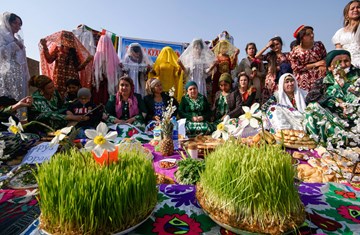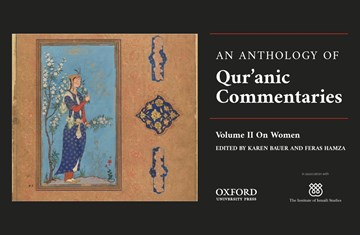First Publication in French on Ismaili History in 20 Years
Taking advantage of contemporary sources and modern scholarship, Les ismaéliens: Histoire et traditions d'une communauté musulmane, a translation of Farhad Daftary’s book A Short History of the Ismailis makes available to French speaking audiences, a survey of Ismaili history. Translated by Zarien Rajan-Badouraly, with a contextual introduction by M. A. Amirinfo-icon-Moezzi, this publication is the first major work on the history of the Ismaili community in French since the 1982 translation of Bernard Lewis’ The Assassins.
The Ismailis represent the second largest Shi‘i Muslim community after the Ithna‘asharis (Twelvers) and are today resident as religious minorities in more than 25 countries in the Middle East, Asia, Africa, Europe and North America. Despite their long and eventful history dating back to the formative period of Islam, until recently the Ismailis were studied primarily on the basis of the accounts of their opponents and detractors, including Sunni polemicists, European travellers and Crusader chroniclers. As a result, a host of legends and misconceptions were disseminated on the teachings and practices of the Ismailis. The character and place of Ismailism in general Islamic history was further obscured by the community’s traditional practice of concealing their own writings as a precautionary measure against religious and political persecution to which they were often subjected. However, from the 1930s, the study of Ismailism began to be radically revised with the discovery of a large number of Ismaili texts preserved in private collections. Since then, modern scholarship in the field has made great strides in distinguishing fact from fiction in many aspects of Ismaili history and thought.
The publication of Les ismaéliens makes it possible for francophone audiences, in particular researchers, scholars and students, as well as interested readers to access a concise and authoritative introduction to Ismaili history and thought, based on the most up-to-date research in the field.










